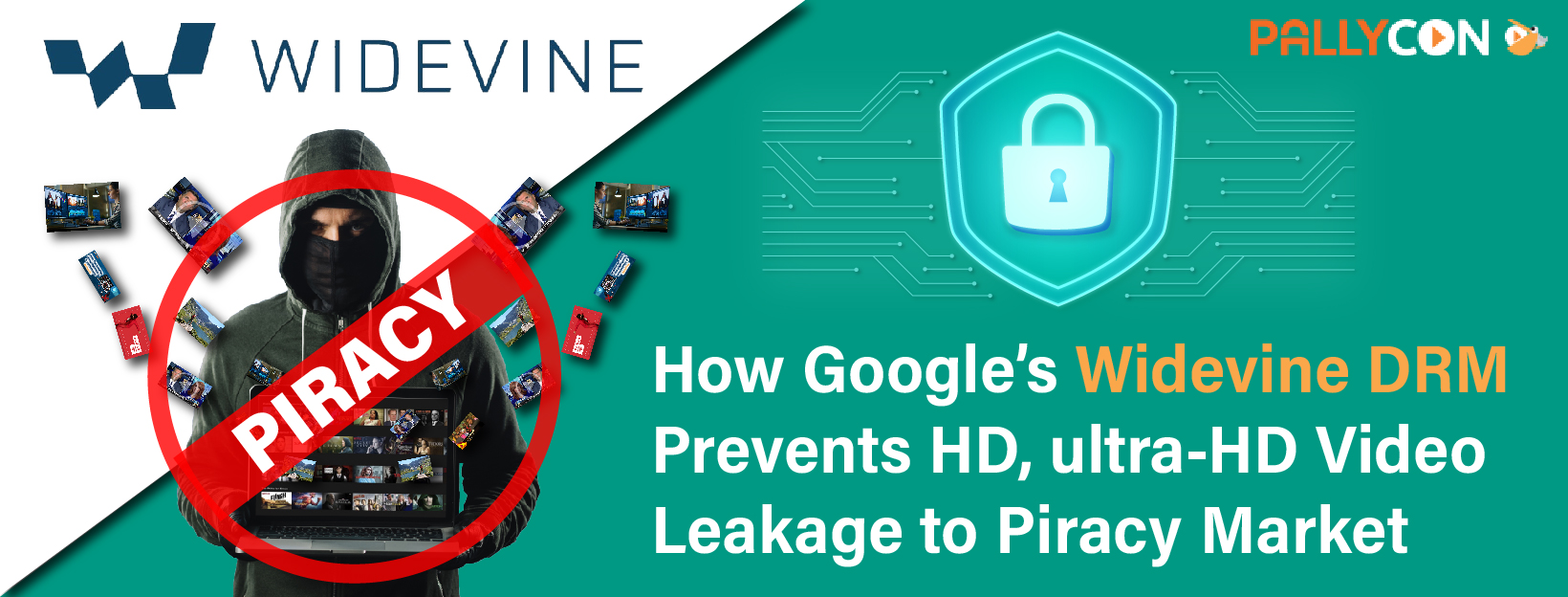What is the status of Firefox & DRM (non-linux) ?

I presume you mean FreeBSD when you say (non-Linux), since Firefox supports Widevine DRM on other platforms. https://support.mozilla.org/en-US/kb/enable-drmWhat is the status of Firefox & DRM (non-linux) ?

Would you like to elaborate on this opinion?The only reason why DRM exists is not prevent piracy but to control consumer...
That question seems to come with some sort of negativity attached to it. I am not sure I understand why. I'm merely asking to hear your opinion because I like to hear opinions of different people with different backgrounds. That doesn't mean that I don't have one myself, or that I either agree or disagree with yours or your initial statement I followed-up onjbodenmann really?
That question seems to come with some sort of negativity attached to it. I am not sure I understand why. I'm merely asking to hear your opinion because I like to hear opinions of different people with different backgrounds. That doesn't mean that I don't have one myself, or that I either agree or disagree with yours or your initial statement I followed-up on
As such: Thank you for sharing your opinion.
I don't think it is about control. Just simple business calculus = money.
Netflix knows 1/3 of its viewers are cheating by using shared accounts. If they strictly enforce, they can predict they might lose eyeballs and ad revenue despite making more subsscription revenue. So they don't do anything for now....
If the support effort for additional platforms was justifiable based on profit, it would happen.
… Firefox & DRM (non-linux) ?
The workaround is to use www/chromium with www/linux-widevine-cdm and www/foreign-cdm.Its a real shame the situation hasn't changed, and isn't showing signs of ever changing... I have to boot into Linux just to listen to my Amazon Audible audiobooks because they use DRMIt really limits FreeBSD as a daily driver for Desktop use since it doesn't just affect things like Netflix, Amazon prime, YouTube Movies but also audiobook platforms

